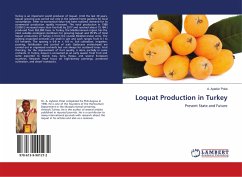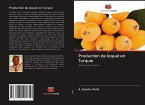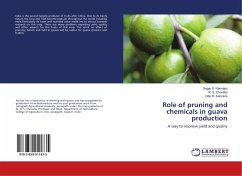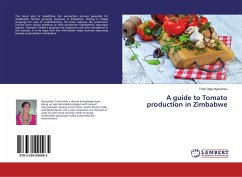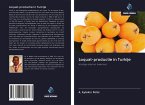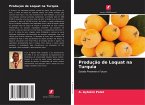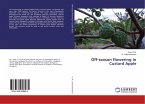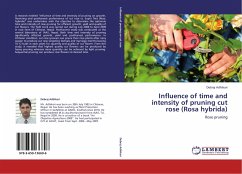Turkey is an important world producer of loquat. Until the last 30 years, loquat growing was carried out only in the isolated home gardens for local consumption. After its economical value had been realized, demand for its commercial production rapidly increased. The total production in 1980 (3,000 t) increased more than five-fold by 2017 and reached about 15,184 t produced from 262,000 trees. In Turkey, the Mediterranean region has the most suitable ecological conditions for growing loquat and 95.9% of total loquat production of Turkey is from the coastal Mediterranean zone. The existing organised orchards are small in size and each ranges from 0.1 to 6.0 hectares. The spacing is 6-8 m × 6-8 m. Soil cultivation, irrigation, pruning, fertilization and control of scab (Spilocaea eriobotryae) are carried out in organized orchards but not always for scattered trees. Fruit thinning, for the improvement of fruit quality, is done partially in some orchards. In Turkey, loquat is consumed as an early season fresh fruit and some exported to mainly Iraq, Syria, Russia, and several European countries. Research must focus on high-density plantings, protected cultivation, and dwarf rootstocks.

